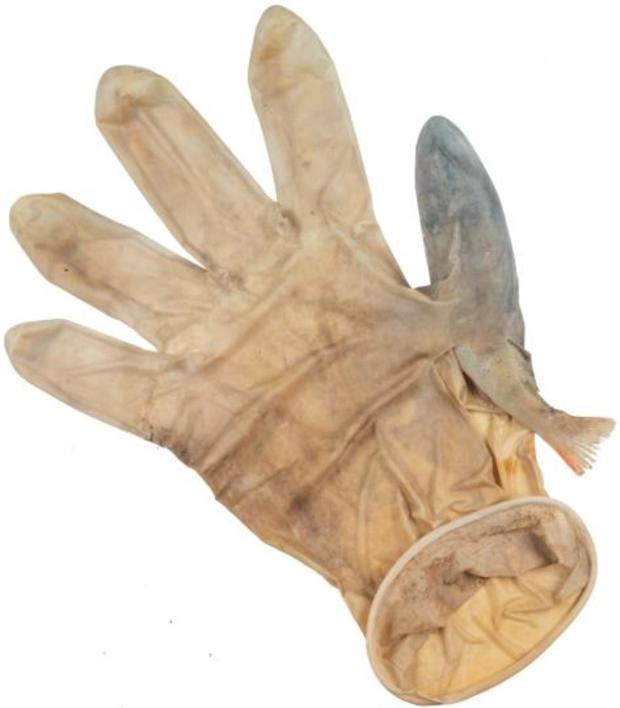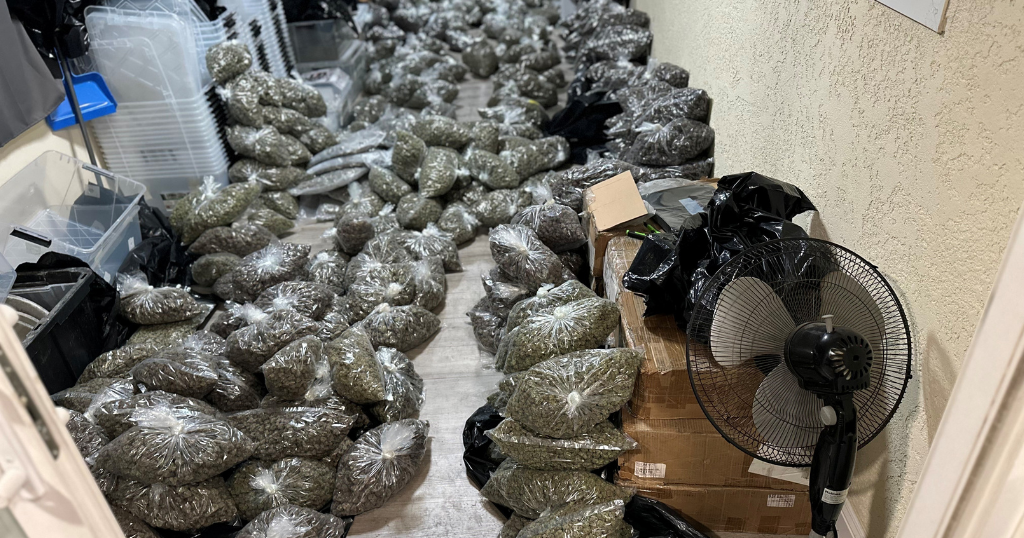More than 57 million pounds of PPE and other COVID-related plastic waste have polluted the oceans since pandemic began, study finds
The world has been fighting the COVID-19 pandemic for more than a year and a half, and a new study shows that in the process, Earth's oceans have become far more polluted with waste from discarded masks, gloves and other protective items.
"The recent COVID-19 pandemic has led to an increased demand for single-use plastic, intensifying pressure on this already out-of-control problem," the study, published in the journal Proceedings of the National Academy of Sciences, says.
Researchers found that since the pandemic began, 193 countries have generated roughly 8.4 million tons of pandemic-associated plastic waste. Of that, roughly 25,900 tons — or more than 57 million pounds — of waste, including personal protection equipment (PPE), has ended up in the ocean. Nearly three-quarters of that waste, researchers said, was generated by hospitals.
Along with face masks, gloves and face shields contributing to the problem, researchers found large quantities of packing materials polluting in the ocean and waterways leading to it, as lockdowns and social distancing led to more people shopping online. Packaging materials make up 4.7% of the plastic waste that's ended up in waterways and the ocean since the start of the pandemic, they said.
Researchers found that 46% of the pandemic-related plastic waste was generated in Asia, while 22% came from North and South America combined, and 24% from Europe. They noted a lower level of medical waste treatment and recycling in developing countries such as India, Brazil, and China
The excessive waste can prove deadly for marine ecosystems.
"The released plastics can be transported over long distances in the ocean, encounter marine wildlife, and potentially lead to injury or even death," researchers wrote, noting previous studies and cases where marine life has become entangled or trapped in waste, or even consumed the plastic.
In March, other researchers found that in the Netherlands, a fish was seen trapped in a medical glove. In Dutch canals, birds were observed using face masks as nesting materials.
Researchers predict that plastic waste from the pandemic will have a "long-lasting impact" on ocean ecosystems, with most of it ending up in either the seabed (28.8%) or beaches (70.5%) by the end of the century.
Some of the waste will end up stuck in the massive garbage patches circulating in ocean regions. The Arctic Ocean, which is considered particularly vulnerable because of its high sensitivity to climate change, is a "dead-end" for plastic debris, researchers said.
They urged nations to better manage their medical waste and develop more environmentally-friendly solutions to collect, treat and recycle waste. If not, by the time the pandemic ends, their models predict there will be a total of 11 million tons of pandemic-related plastic waste — 34,000 tons of which will end up in the ocean.




